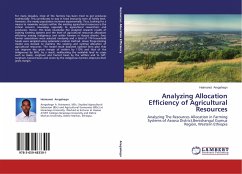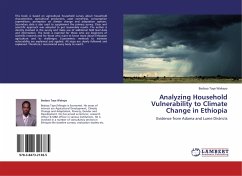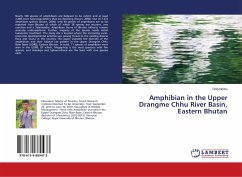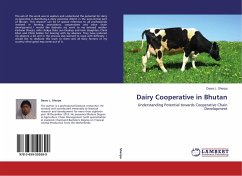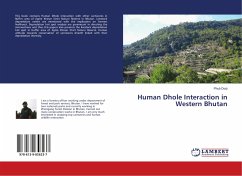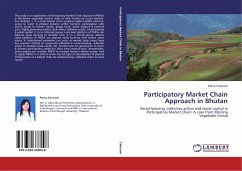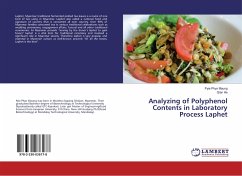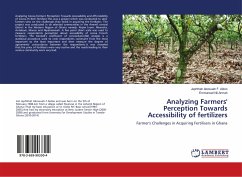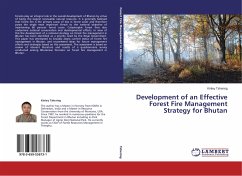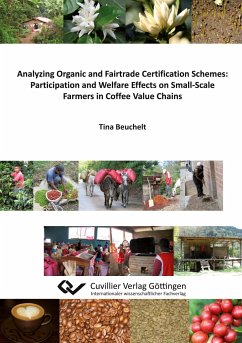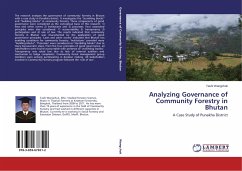
Analyzing Governance of Community Forestry in Bhutan
A Case Study of Punakha District
Versandkostenfrei!
Versandfertig in 6-10 Tagen
51,99 €
inkl. MwSt.

PAYBACK Punkte
26 °P sammeln!
The research analyzes the governance of community forestry in Bhutan with a case study in Punakha district. It investigates the "stumbling blocks" and "building blocks" in community forestry. Three components of good governance were considered as the conceptual basis of this research: 1) laws and other norms 2) institutions and 3) processes. Four associated principles were also considered: 1) accountability 2) transparency 3) participation and 4) rule of law. The results indicated that community forestry in Bhutan was characterized by the application of good governance principles. 'Laws and ot...
The research analyzes the governance of community forestry in Bhutan with a case study in Punakha district. It investigates the "stumbling blocks" and "building blocks" in community forestry. Three components of good governance were considered as the conceptual basis of this research: 1) laws and other norms 2) institutions and 3) processes. Four associated principles were also considered: 1) accountability 2) transparency 3) participation and 4) rule of law. The results indicated that community forestry in Bhutan was characterized by the application of good governance principles. 'Laws and other norms' indicated that Bhutan has enabling conditions for community forestry. 'Institutions' provided more "building blocks". 'Processes' were considered as "stumbling blocks" due to many bureaucratic steps. From the four principles of good governance, all stakeholders were found accountable with presence of 'watchdog bodies'. Transparency was rated low due to lack of internal auditors and mechanism to lodge complaints. Community forest management group members were actively participating in decision making. All stakeholders involved in Community Forestry program followed the 'rule of law'.



